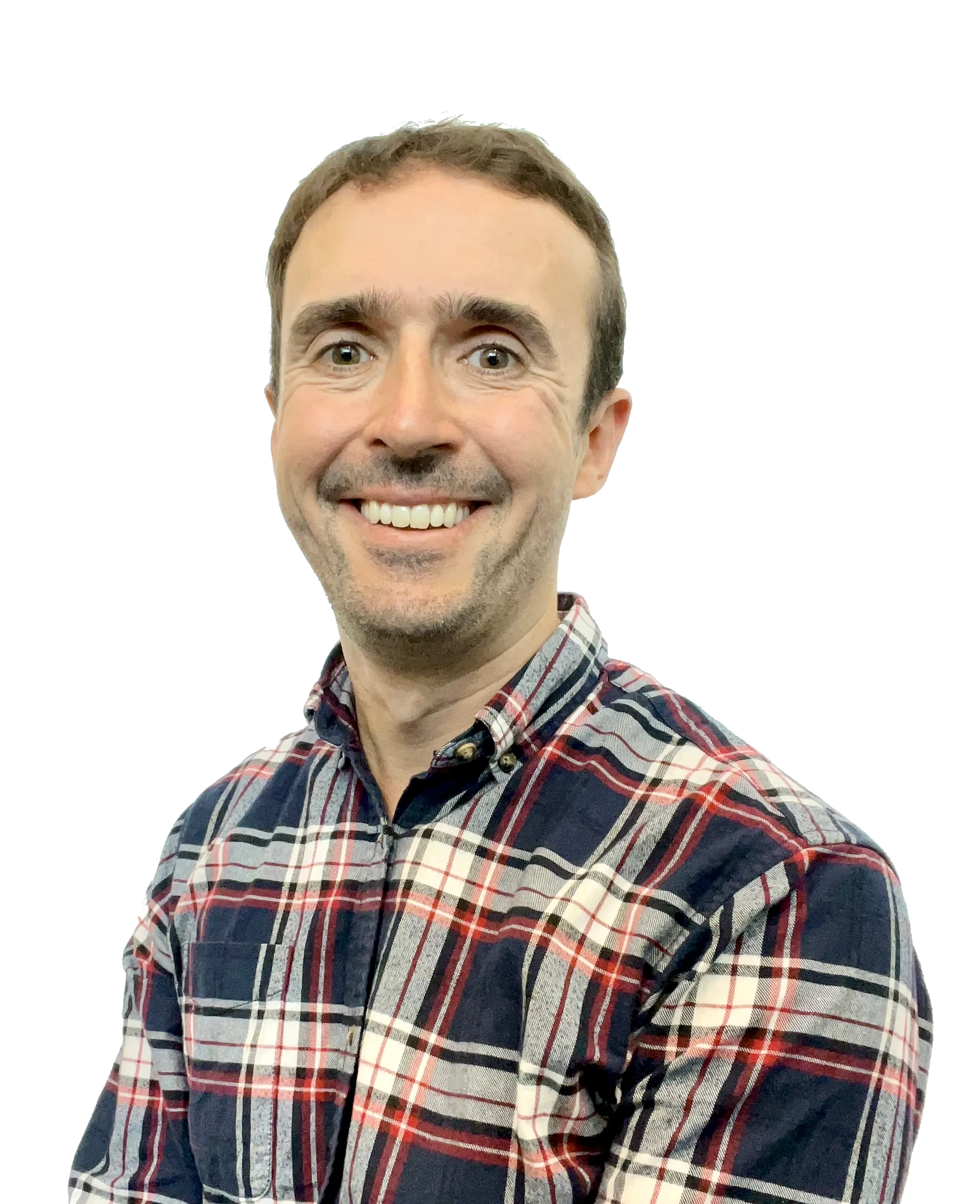
Infrastructure and Environment

Tom has been Chancellor's Fellow, Lecturer and Senior Lecturer (Associate Professor) in Civil Engineering at the University of Edinburgh since June 2017. Previously, he worked as a postdoctoral researcher at the Universities of Bath and Cambridge, and in engineering consultancy with White Young Green and Adams Kara Taylor, involved in civil and structural engineering design for projects ranging from a new sea lock in Swansea to the Masdar Institute building with Foster and Partners in Abu Dhabi. He studied for his PhD at the University of Bath in the BRE Centre for Innovative Construction Materials. He then worked as Postdoctoral Research Associate on the Leverhulme Trust sponsored Natural Material Innovation project at the University of Cambridge. Tom has been a chartered member of the Institution of Civil Engineers since 2010.
MEng Engineering Science (First Class), University of Oxford 2005
PhD University of Bath 2013
PGCert Teaching and Learning in Higher Education, University of Cambridge 2017
Tom has been a Chartered Engineer and Member of the Institution of Civil Engineers since 2010
Tom teaches structural mechanics, engineering materials and design courses.
Tom researches the use of wood and bamboo in structures, structural sensing and structural dynamics.
In wood and bamboo, he is interested in connection performance, including the stiffness and strength of dowel-type timber connections, and carpentry connections, including those made by computer numerical control (CNC) fabrication.
In structural sensing and structural dynamics, Tom is interested in what designers can learn by putting sensors on structures and measuring how they move under everyday loads.
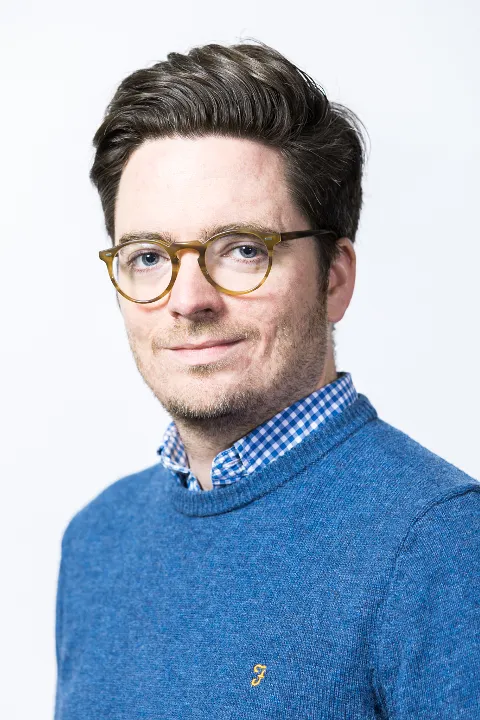
Rory Hadden holds a Personal Chair in Fire Science. Previously he was the Rushbrook Senior Lecturer in Fire Investigation. Prior to joining the University of Edinburgh he held positions at University of Western Ontario and Imperial College London.
His research interests include pyrolysis, ignition, flammability and flame spread with application to the built and natural environments. Rory specialises in experimental work ranging from laboratory scale studies to field scale measurements of fire phenomena with novel sensing methods.
PhD Engineering - University of Edinburgh - 2011
MEng (1st Class) Chemical Engineering - University of Edinburgh - 2007
CIVE09023 Fire Safety Engineering 3
CIVE10011 Fire Science and Fire Dynamics 4
PGEE11243 Fire Science Lab
- Material flammability.
- Flame spread.
- Fire emissions.
- Wildfire ignition, spread, emissions and risk assessment.
- Fire investigation.
Investigation of fires and wildfires.
I am always interested to talk to anyone with an interest in fire science, fire engineering and how we understand fires and their impacts. Feel free to get in touch.
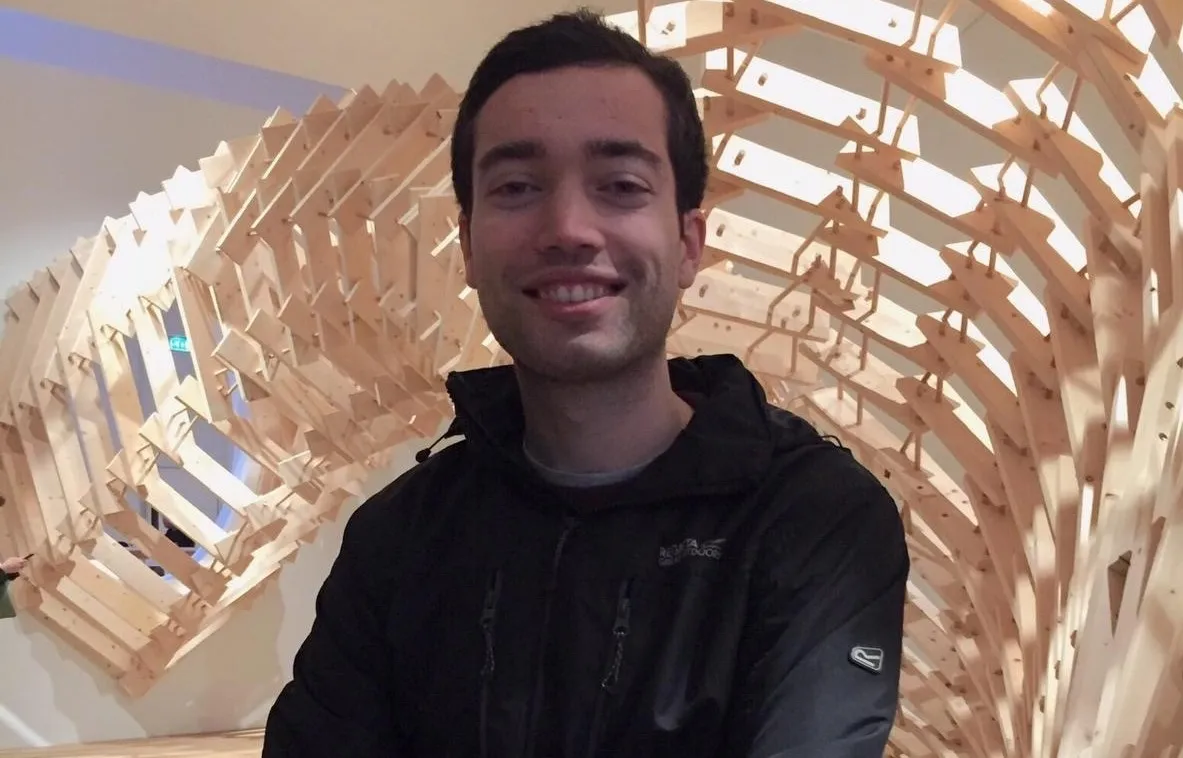
Dr Zakary Campbell-Lochrie is a Lecturer in Fire Science. He teaches in the Mechanical Engineering discipline and conducts research as part of the Institute for Infrastructure and Environmental Engineering. His research focuses on the combustion and fire behaviour of bio-based materials with a particular interest in the fundamental physical processes controlling flame spread, particularly in the context of wildland fires.
This involves theoretical and experimental work across multiple scales in both laboratory and field environments and the development and deployment of multi-scale fire science instrumentation.
- PhD - Engineering (Infrastructure & Environment), The University of Edinburgh
- MEng - Mechanical Engineering, The University of Edinburgh
Associate Fellowship of the Higher Education Academy
Principles of the Fire Laboratory 5/ Principles of the Fire Laboratory (MSc)
Mechanical Engineering 2
Cohort Lead: 3rd Year Mechanical Engineering
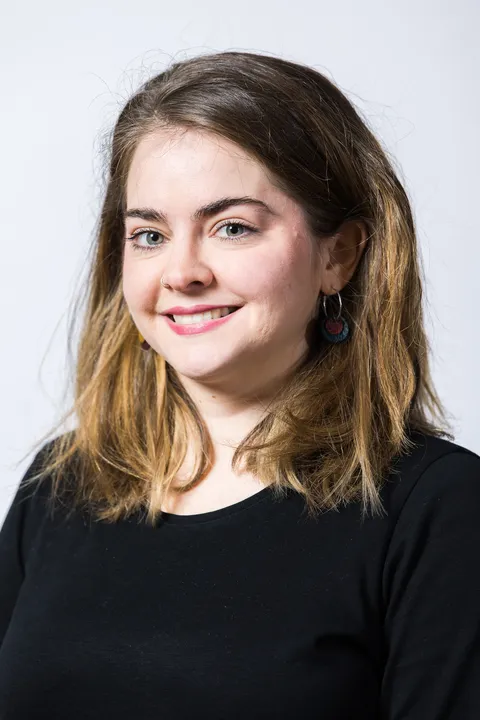
- 2011 -- MEng (with distinction) in Mining & Metallurgical Engineering (NTUA, Greece)
- 2013 -- MSc in Geomechanics (UJF, Grenoble 1, France)
- 2018 -- PhD, entitled: A study of temporal and spatial evolution of deformation and breakage of dry granular materials using x-ray computed tomography and the discrete element method (University of Edinburg, UK) -- Funded by the UK Engineering and Physical Sciences Research Council (EPSRC) DTP PhD studentship and the International Fine Particles Research Institute (IFPRI) -- Advisers Prof. J. Y. Ooi, Dr. S.-A. Papanicolopulos, Prof. G. Viggiani, Dr. E. Andò
- Dr Karatza has been awarded a University of Edinburgh Teaching Award (2017) and a Predoc Scholarship from Université Joseph Fourier (2013)
- Dr Karatza has been awarded a Carnegie Research Incentive Grant (2018) and a Moray Endowment Fund (2017)
- Member of the Technical Chamber of Greece since 2012
- STEM Ambassador since 2016
- Current position: Course organiser of geotechnical engineering & Lecturing soil mechanics, foundation engineering and civil engineering design project & Teaching assistant of structural analysis and engineering mathematics
-
2015 -- 2016: Academic Contractor: Math and Engineering Teacher at Oxbridge Academic Programs
-
2013 -- 2016: Tutor & Demonstrator of geotechnical engineering and soil mechanics (UoE)
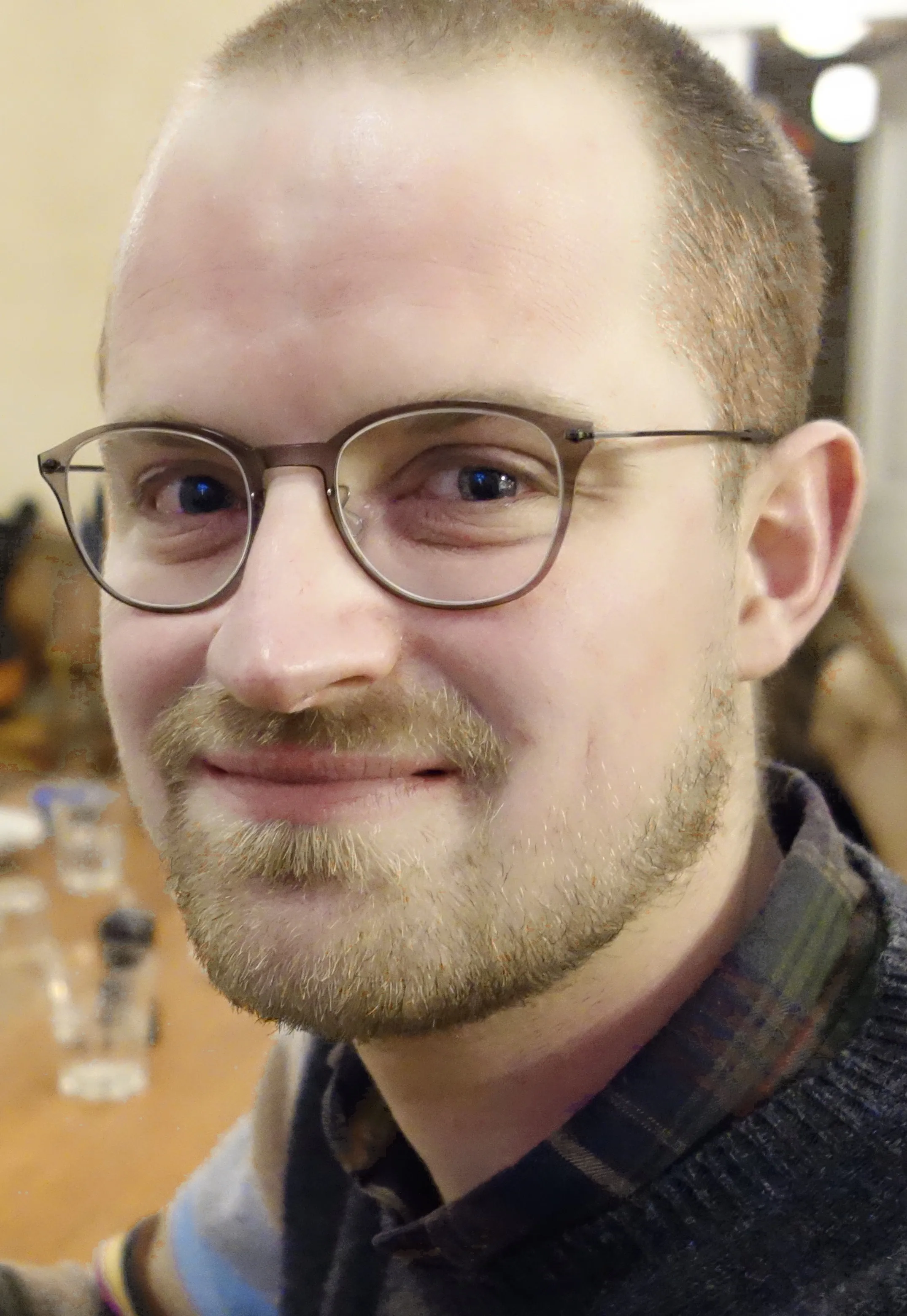
Jens is a PhD student at the BRE Centre for Fire Safety Engineering, where he is researching the fire-related risk of photovoltaic installations in the built environment.
Jens holds an MSc in Civil Engineering from the Technical University of Denmark (DTU), and he studied a semester at the University of Ghent (Belgium) as part of that degree.
